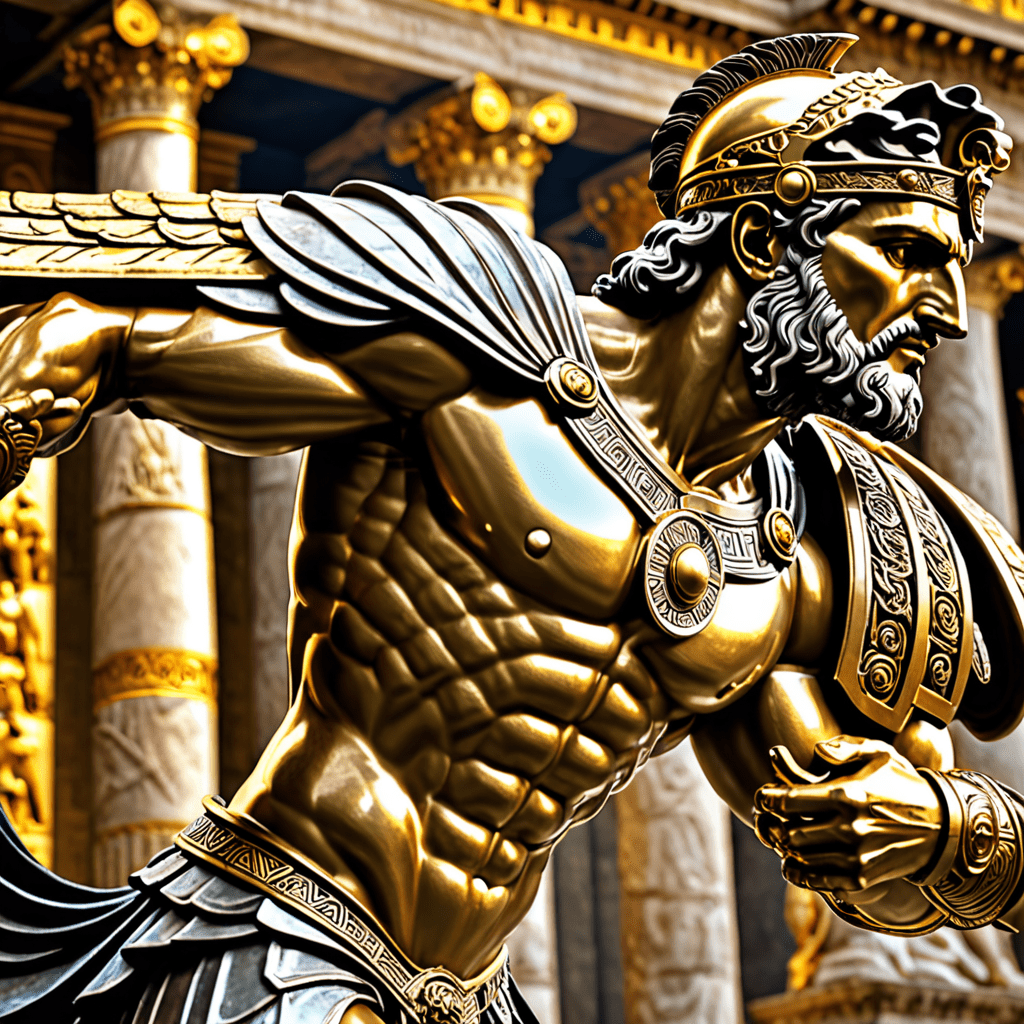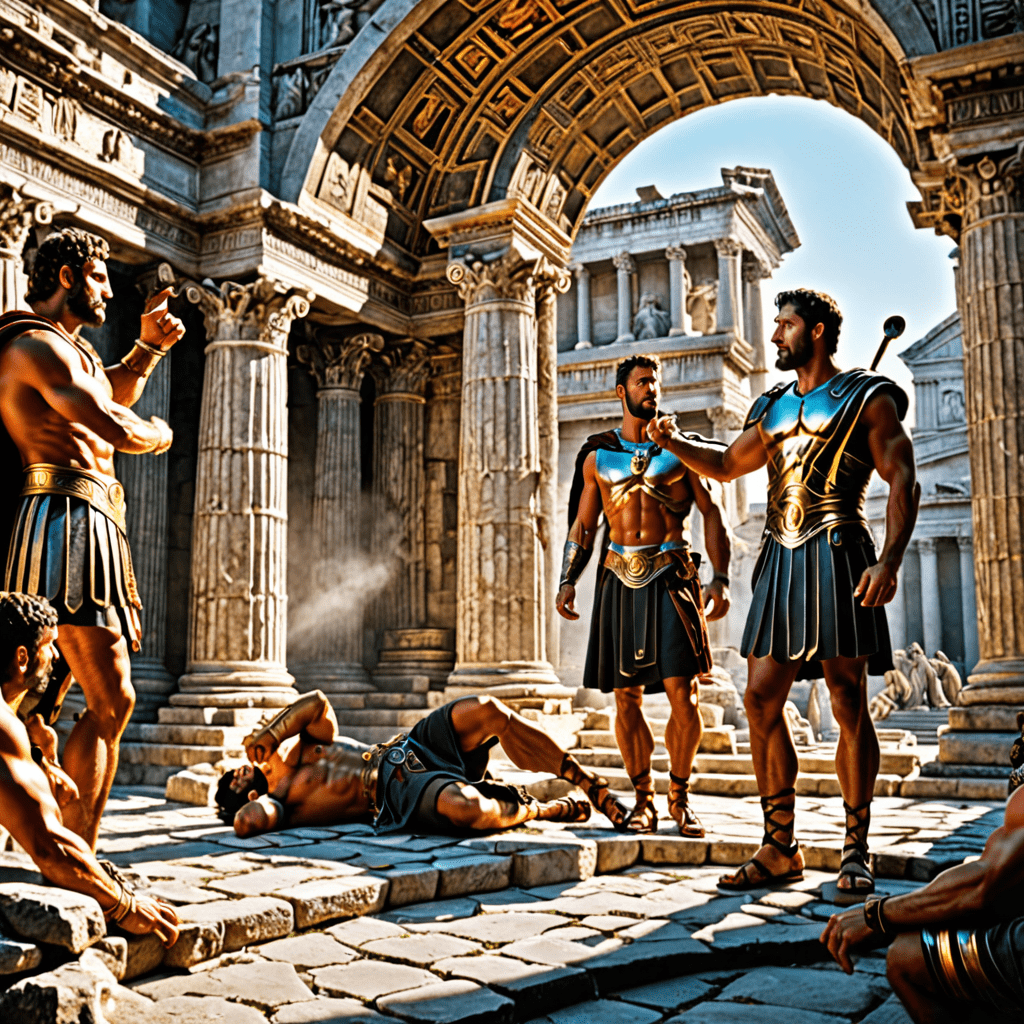The Gods of Craftsmanship and Technology in Roman Mythology
In the rich tapestry of Roman mythology, several gods and goddesses held sway over different domains of life. Among them were deities associated with craftsmanship,
technology, and inventiveness. Let’s delve into the fascinating world of the gods of craftsmanship and technology in Roman mythology.
Vulcan (or Hephaestus in Greek mythology) – The God of Fire and Forge
Vulcan, known as Hephaestus in Greek mythology, was the god of fire and the forge. He was revered for his exceptional skills in metalworking and craftsmanship. Vulcan
was believed to have his forge beneath Mount Etna in Sicily, where he crafted powerful weapons and armor for the gods. His association with fire and technology made him a
crucial figure in Roman mythology, symbolizing creativity and innovation.
Minerva (Athena in Greek mythology) – The Goddess of Wisdom, War, and Crafts
Minerva, often equated with the Greek goddess Athena, was revered as the goddess of wisdom, war, and crafts. She was known for her strategic abilities in battle and her
patronage of various crafts, including weaving, embroidery, and pottery. Minerva was also associated with technical skill and invention, embodying the spirit of
innovation and intellect in Roman mythology.
Mercury (Hermes in Greek mythology) – The Messenger of the Gods and Patron of Commerce
Mercury, equivalent to Hermes in Greek mythology, held a multifaceted role as the messenger of the gods, the god of trade, and the patron of travelers, thieves, and
invention. Known for his swiftness and cunning, Mercury was often depicted with a winged helmet and sandals, symbolizing his agility and ingenuity. He symbolized
communication, commerce, and technological progress in Roman mythology.
Conclusion
The gods of craftsmanship and technology in Roman mythology played essential roles in shaping the beliefs and values of ancient Roman society. Through their stories
and attributes, Vulcan, Minerva, and Mercury symbolized innovation, creativity, and technical skill, inspiring generations to strive for excellence and explore the
realms of craftsmanship and technology.
What are the main Roman gods associated with craftsmanship and technology?
1. Vulcan (Vulcanus)
2. Minerva (Minerva)
3. Februus (Februus)
Who is Vulcan in Roman mythology?
Vulcan, also known as Vulcanus, is the Roman god of fire, metalworking, and craftsmanship. He is associated with volcanoes and the forge, symbolizing the creative and transformative aspects of fire.
Who is Minerva in Roman mythology?
Minerva is the Roman goddess of wisdom, strategic warfare, art, and trade. She is often linked to craftsmanship and technology due to her association with skilled work and creative endeavors.
What role does Februus play in Roman mythology?
Februus is a Roman god connected to purification, as his name is derived from the feast of purification called “Februa.” While not primarily a god of craftsmanship or technology, Februus is included in some interpretations related to the purifying aspect of creative processes.



